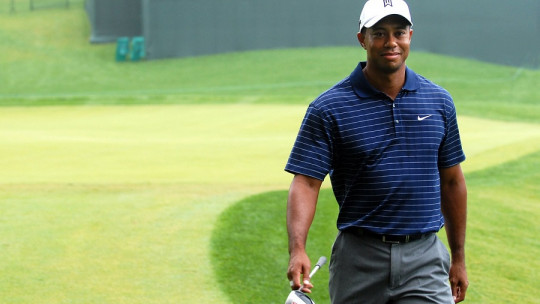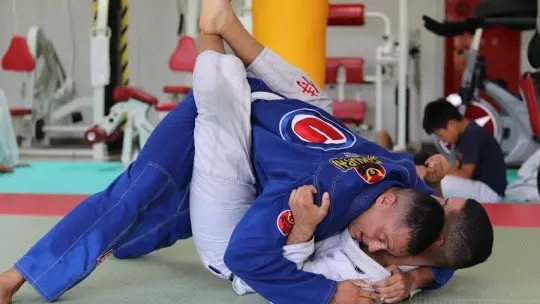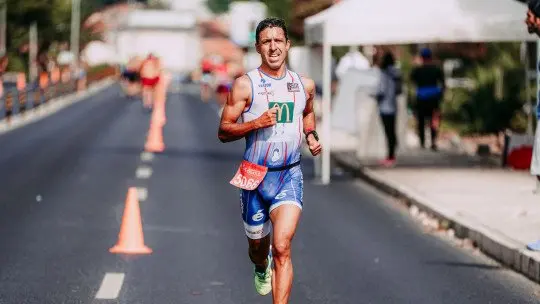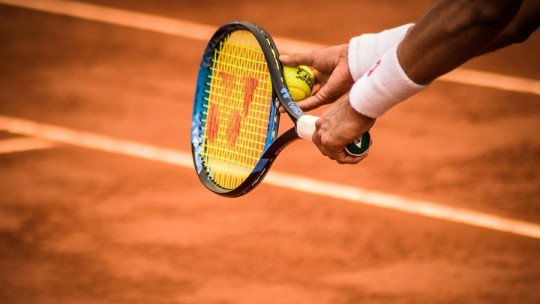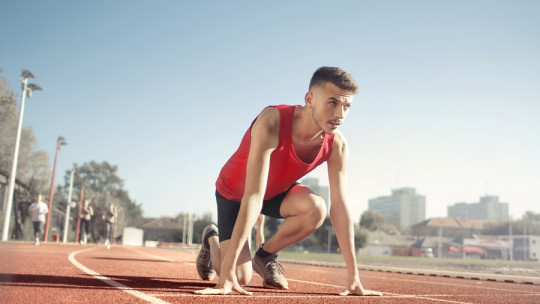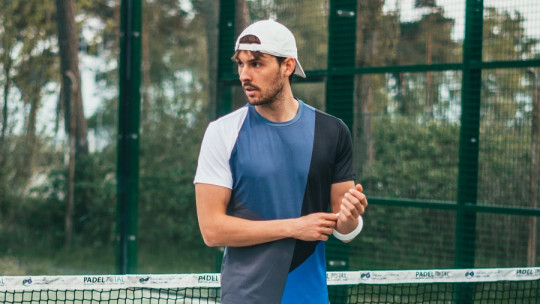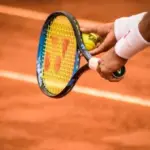Mindfulness, or Full Attention, is a mental state oriented to the present moment which is not only effective in treating underlying mood disorders in elite athletes, but also makes it easier for them to perform as they really know how.
Mindfulness in sport as a mental state
Great athletes can develop difficulties that lead them to suffer from anxiety disorders, substance use disorders, eating disorders or depression, and it has been shown that the practice of Mindfulness is an effective training for this. (Evans, S.,2010).
Furthermore, Mindfulness is a technique that It consists of experiencing life and the sport we practice as it is Far from the judgments, opinions and evaluations that the mind has to make of all this. It is an approach to reality without evaluating whether it is good or bad. It allows us to perceive how reality is in the present.
Practicing Mindfulness in sport has to do with focus on what we really know how to do in the game without getting carried away by the sensations, emotions and thoughts that arise while we compete (Thompson, RW, Kaufman, KA, Petrillo, LAD et al., 2011).
High-performance athletes who practice Mindfulness
There are athletes who have admitted on occasion that they practice meditation and body awareness exercises (yoga) oriented towards the practice of Mindfulness, seeking a total integration of the mind and body in competition. Among some of them, we find Lebron James, Roger Federer, Pau Gasol, Emilio Butragueño or Tiger Woods
In fact, Novak Djokovic publicly acknowledged using this mental training as part of his preparation for competition; “I use an important method to maintain my energy level, even when negative feelings creep in. “I practice yoga and meditation daily and it is as important as physical training.”
That the players are fully in the game
The idea of integrating Mindfulness in sport It has to do with gaining greater ease and confidence on the playing field
Feeling that giving our best is something that comes naturally; This would be one of the objectives of integrating Mindfulness into sports practice. That is, entering a state of “flow” or fluidity, both mental and physical, where the athlete develops his entire game and offers the best version of it unconsciously (Csikszentmihalyi, M., 2008).
As an example of this, Michael Jordan even made a basket with his eyes closed in the middle of the game
His technique was so mechanized and the image of the basket, the contact of his body with the court, with the ball, the degree of strength and movement that served him to score points was so mentally developed in his consciousness, that he came to seem like a being. immortal at times in his career.
His game flowed regardless of the conditions that accompanied him.
What Mindfulness brings to sports
With the practice of Mindfulness applied to sport we learn to live with the negative sensations and thoughts that arise in difficult moments. without affecting our performance
That is, when we have to compete, we try to do our best. It is clear that sometimes things happen that we cannot control such as a referee ruling, an adverse result or what the rival decides. Therefore, another focus when training in mindfulness in competition is aimed at increase our ability to “be” with frustration, fatigue, pain and tiredness in such a way that that is something that is obviously there, but not what decides how we want to perform.
Mindfulness allows us to be focused on what depends on us and that is why there is data that confirms an enhancement of performance when there is attention (Summers, JJ, Machin, VJ and Sargent, G., 1983).
Sports and the practice of Mindfulness are similar in the sense that in both a receptive and open awareness to the game is required so that this makes it easier for us to make better decisions in real time.
Why practice Mindfulness in competition?
When athletes strengthen the practice of Mindfulness, that feeling of flow in the game increases, and it is something that we are lucky to be seeing with the athletes who dare to collaborate with us.
It is a tool that benefits those who decide to try this and even who they notice its effects in other areas of their personal lives In other words, the way of working that I have been developing with athletes and sports entities that prepare competitions of the magnitude of the Olympic Games is oriented towards something like this:
“If you pay more attention, you perceive more. If you perceive more, you can better grasp the needs of the game. If you understand the needs of the game better, you can make better decisions.”
As a result, it may be easier for you to connect with your best version despite adversity, since the mind is trained to return to what matters at that moment, no matter what.

